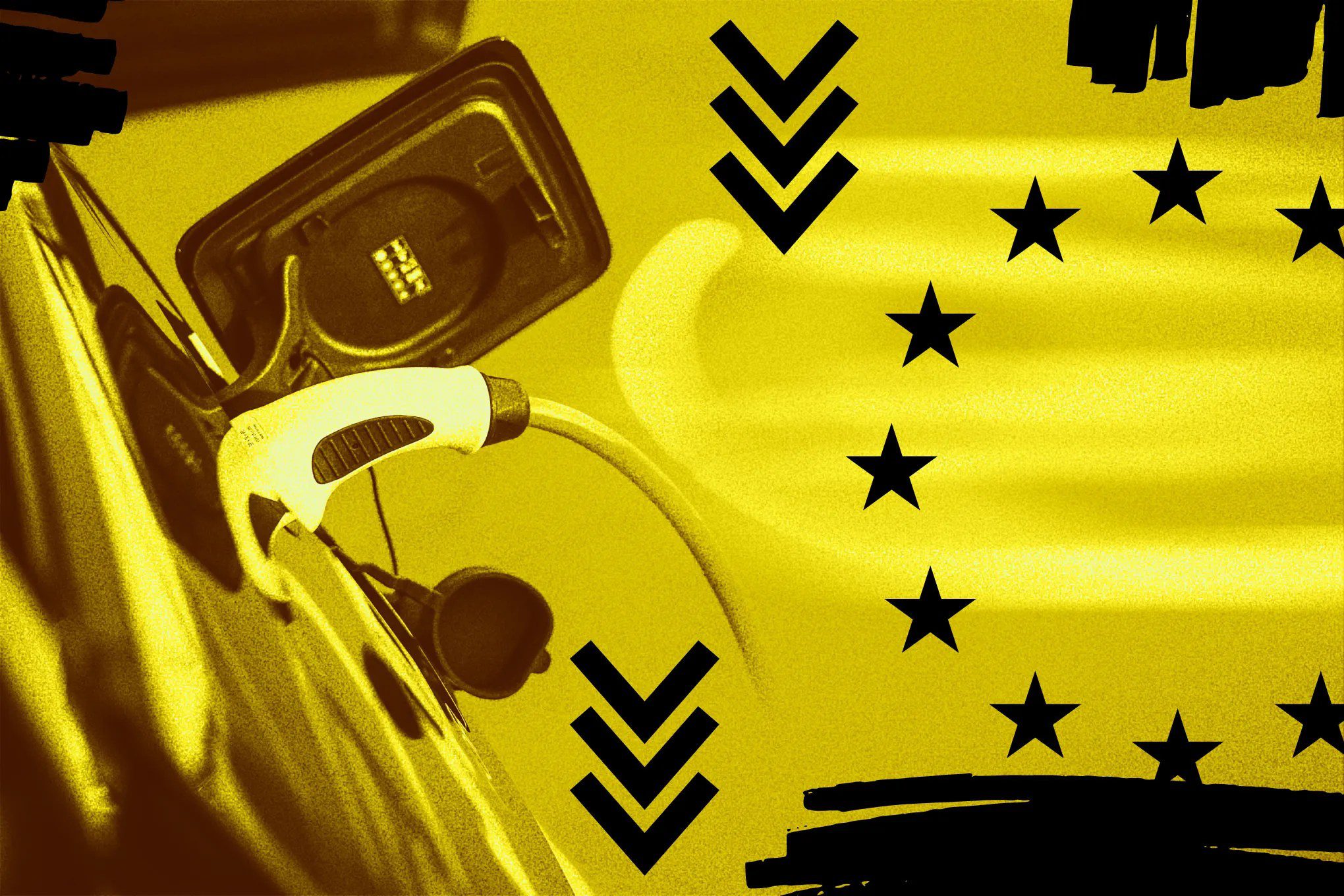
europe banned new gas cars after 2035 The European Union is reevaluating its ambitious plan to ban new gas-powered cars after 2035, a move that has sparked significant debate among industry leaders and policymakers.
europe banned new gas cars after 2035
Background on the EU’s Gas Car Ban
In July 2021, the European Commission proposed a comprehensive plan aimed at reducing greenhouse gas emissions from the transportation sector. This plan included a significant commitment to phase out new internal combustion engine (ICE) vehicles by 2035. The goal was to align with the EU’s broader climate objectives, which aim for a 55% reduction in emissions by 2030 and to achieve climate neutrality by 2050. The initiative was seen as a crucial step towards combating climate change and promoting sustainable mobility.
However, the ambitious timeline has faced criticism and skepticism from various stakeholders, including automotive manufacturers, policymakers, and consumers. The primary concerns revolve around the readiness of the necessary infrastructure, the pace of electric vehicle (EV) adoption, and the economic implications of such a drastic shift in the automotive landscape.
Industry Perspectives
Mercedes-Benz’s Stance
One of the most vocal proponents of reconsidering the ban is Ola Källenius, CEO of Mercedes-Benz. Källenius has consistently argued that the rigid deadlines set by the EU are “no longer feasible.” In a recent interview with The Verge, he stated that the current infrastructure bottlenecks and the slow adoption of EVs by consumers necessitate a more flexible approach. He emphasized that the automotive industry needs to protect jobs and maintain competitiveness while transitioning to greener technologies.
Källenius’s perspective reflects a broader sentiment within the automotive industry, where manufacturers are grappling with the challenges of transitioning to electric mobility. The shift requires significant investments in research and development, production capabilities, and charging infrastructure. Many industry leaders believe that a more gradual approach would allow for a smoother transition and better alignment with market readiness.
Challenges in Infrastructure and Adoption
One of the primary concerns raised by Källenius and other industry leaders is the current state of EV infrastructure in Europe. While the EU has made strides in expanding charging networks, many regions still lack adequate facilities to support a widespread transition to electric vehicles. This is particularly evident in rural areas, where charging stations are sparse, making it difficult for consumers to consider switching from traditional gas-powered cars.
Furthermore, consumer adoption of EVs has been slower than anticipated. Factors such as high purchase prices, limited model availability, and range anxiety continue to deter potential buyers. According to recent statistics, EVs accounted for approximately 10% of new car sales in Europe in 2022, a figure that, while growing, still falls short of the levels needed to meet the EU’s ambitious targets.
Political Reactions and Implications
Support for Flexibility
The push for a more flexible approach to the gas car ban is not limited to the automotive industry. Some policymakers within the EU have expressed support for reconsidering the strict deadlines. They argue that a more pragmatic approach could foster innovation and allow for a more sustainable transition to electric mobility. This perspective aligns with Källenius’s assertion that weakening the rules is not a capitulation but rather a return to pragmatism.
Supporters of this view contend that flexibility in the timeline could encourage manufacturers to invest more in EV technology and infrastructure. By alleviating the pressure of an imminent ban, companies may focus on developing better battery technologies, enhancing charging solutions, and improving overall vehicle performance, ultimately benefiting consumers and the environment.
Opposition to the Reconsideration
Conversely, there is significant opposition to any potential weakening of the gas car ban. Environmentalists and climate advocates argue that delaying the phase-out of internal combustion engines could undermine the EU’s climate goals and hinder progress toward reducing greenhouse gas emissions. They contend that a firm commitment to the ban is essential for driving innovation and ensuring that the automotive industry transitions to sustainable practices.
Critics of Källenius’s position also highlight the potential risks of extending the timeline for gas-powered vehicles. They argue that such a move could perpetuate reliance on fossil fuels and delay the necessary investments in renewable energy and charging infrastructure. The urgency of addressing climate change, they assert, should take precedence over industry concerns about competitiveness and job protection.
Consumer Perspectives
Shifting Attitudes Toward EVs
Consumer attitudes toward electric vehicles are evolving, albeit gradually. A growing number of consumers are becoming more environmentally conscious and are actively seeking sustainable transportation options. However, the transition is still hindered by several factors, including the aforementioned issues of cost and infrastructure.
Surveys indicate that while many consumers express interest in purchasing EVs, concerns about charging availability and range remain significant barriers. Additionally, the upfront cost of electric vehicles often exceeds that of traditional gas-powered cars, making them less accessible to a broader audience. As a result, the automotive industry faces the challenge of not only producing more affordable EVs but also ensuring that the necessary infrastructure is in place to support widespread adoption.
The Role of Incentives
Government incentives play a crucial role in encouraging consumers to make the switch to electric vehicles. Various EU member states have implemented programs to subsidize the purchase of EVs, provide tax breaks, and invest in charging infrastructure. These initiatives have proven effective in boosting EV sales, but their long-term sustainability is uncertain, especially if the timeline for the gas car ban is extended.
As the EU reevaluates its approach, it will need to consider how to balance the interests of consumers, manufacturers, and environmental advocates. A comprehensive strategy that includes incentives, infrastructure development, and public awareness campaigns may be essential for fostering a successful transition to electric mobility.
Future Outlook
The future of the EU’s gas car ban remains uncertain as discussions continue among policymakers, industry leaders, and environmental advocates. The potential for a more flexible approach could provide manufacturers with the breathing room needed to innovate and adapt to changing market conditions. However, it also raises questions about the EU’s commitment to its climate goals and the urgency of addressing the climate crisis.
As the automotive industry navigates this complex landscape, it will be essential for stakeholders to engage in constructive dialogue and collaboration. The transition to electric mobility is not merely a regulatory challenge; it is an opportunity to reshape the future of transportation in a way that aligns with both economic and environmental objectives.
Ultimately, the decisions made in the coming months will have far-reaching implications for the automotive industry, consumers, and the environment. The balance between pragmatism and ambition will be critical in determining how effectively the EU can transition to a sustainable transportation future.
Source: Original report
Was this helpful?
Last Modified: November 17, 2025 at 1:36 pm
2 views















